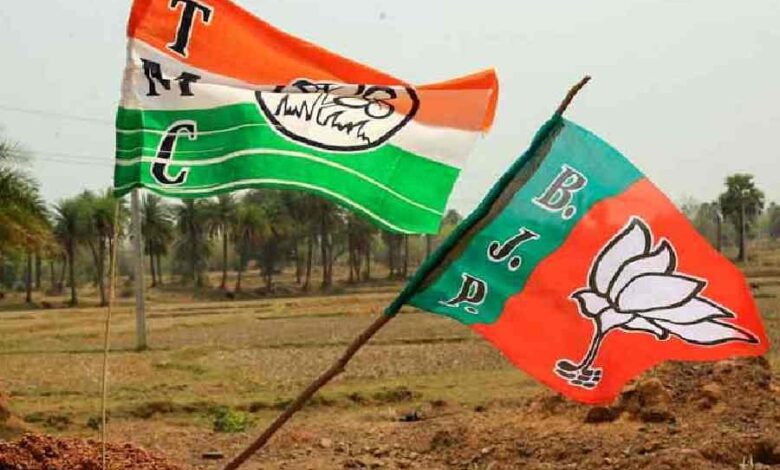TMC MP Hints at BJP MPs’ Allegiance, Speculation Surrounds Anant Maharaj and Saumitra Khan And Further Developments

News Mania Desk/ Agnibeena Ghosh/21st June 2024
Recent statements from Saket Gokhle, a Rajya Sabha MP representing TMC, have sparked speculation about alleged communications between three BJP MPs and TMC since the Lok Sabha elections. Among the rumored names is Anant Maharaj (Nagen Roy), who reportedly met Chief Minister Mamata Banerjee. Saumitra Khan, another BJP MP who contested from Bishnupur in South Bengal, has also been mentioned in this context, especially after expressing dissatisfaction over his exclusion from the Union Cabinet. However, the identity of the third MP remains uncertain.
In a local interview, Anant Maharaj clarified his stance, emphasizing that despite his election on a BJP symbol, he does not align himself with the BJP’s ideologies or operations.
During the recent parliamentary elections, Jayashi Dasgupta replaced Purnendu Majhi as the District Magistrate (DM) of East Midnapore on Election Commission orders. Jayashi, daughter of the renowned IAS officer Jaya Dasgupta, was brought in amidst electoral strategies. However, following BJP’s victory in Tamluk and East Midnapore, Mamata Banerjee reinstated Purnendu Majhi once the election code of conduct concluded. Jayashi Dasgupta was subsequently transferred to a less prominent role as Officer on Special Duty (OSD) in the Home Personnel Department.
Rumors circulating suggest that Jayashi Dasgupta may have been penalized due to TMC’s electoral setbacks in East Midnapore, reflecting the political volatility and repercussions within administrative reshuffles.
Dilip Ghosh, a prominent BJP leader in Bengal, has launched scathing criticisms against Nitish Kumar and Chandrababu Naidu, branding them as ‘Paltu Ram’ (turncoats). Ghosh invoked the late BJP leader Atal Bihari Vajpayee’s philosophy on valuing steadfast party workers, expressing discontent over internal dynamics within the party.
Ghosh highlighted issues stemming from the 2021 assembly polls, citing concerns with decision-making regarding candidate selection and the absence of grassroots mobilization. Previously credited with significantly expanding BJP’s presence in Bengal, Ghosh attributed setbacks to internal conflicts, describing them as instances of ‘backstabbing’ and ‘sabotage’.
These developments underscore ongoing political maneuvering and internal dissent within Bengal’s political landscape, reflecting broader implications for party strategies and leadership dynamics moving forward.






